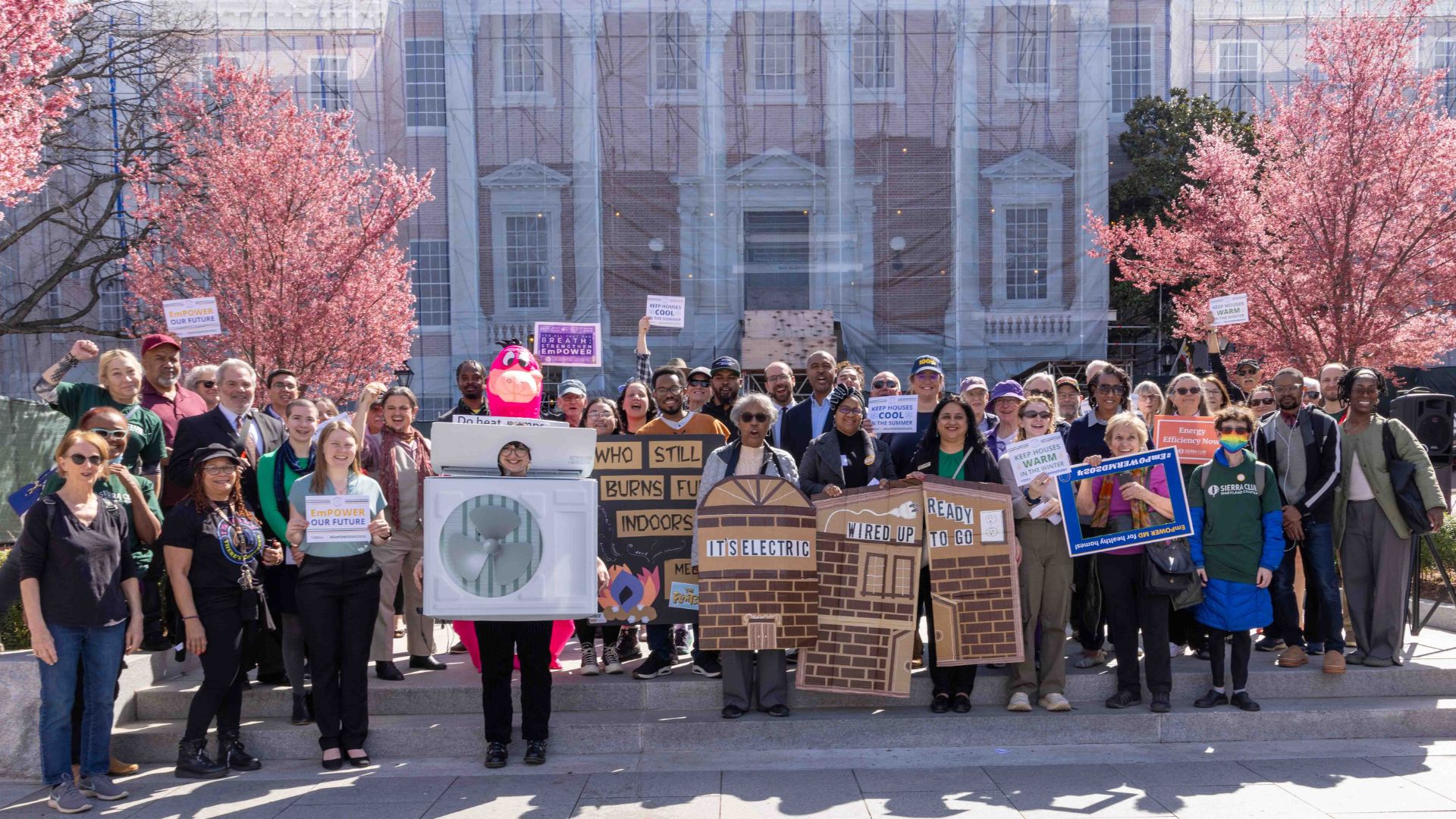
One step closer to TSCA reform
On Thursday the Senate passed an update to the federal chemical safety law, the 1976 Toxics Substance Control Act (TSCA), by unanimous consent. The language of the legislation is an updated version of the Senate bill, S.697 (the “Udall/Vitter bill”). The House passed their version this summer. The next phase of the process is a conference committee between House and Senate to reconcile the differences in the House and Senate versions of TSCA reform.
On Thursday the Senate passed an update to the federal chemical safety law, the 1976 Toxics Substance Control Act (TSCA), by unanimous consent. The language of the legislation is an updated version of the Senate bill, S.697 (the “Udall/Vitter bill”). The House passed their version this summer. The next phase of the process is a conference committee between House and Senate to reconcile the differences in the House and Senate versions of TSCA reform.
Congress has its work cut out for it as they finalize chemical safety policy. Maryland families need real reform to our chemical safety law to protect public health from toxic chemical exposure, and while improved, the current proposals are not strong enough.
Andy Igrejas, Director of Safer Chemicals, Healthy Families, a 450 member coalition dedicated to TSCA reform, had the following statement:
“Though improved, the legislation still has major problems. For example, it weakens EPA’s ability to intercept imported products, like most of the toys under your Christmas tree, when they contain a known toxic chemical. If reform is going to be credible, tricky, sneaky provisions like this will have to be removed. Luckily, it is not too late. When Congress reconciles the House and Senate versions, they should focus on the fundamentals of reform and simply empower and direct EPA to identify and restrict toxic chemicals.”
The serious problems with the Senate legislation include:
- The legislation makes it more difficult for EPA to identify and intercept imported products containing a toxic chemical.
- States will still be blocked from taking action while EPA studies a chemical, potentially delaying urgent public health interventions.
- The “low priority” category requires EPA to greenlight some chemicals without a thorough safety review.
- There are numerous requirements placed on EPA at industry’s behest that divert scarce resources from the core purpose of identifying and restricting chemicals that cause harm.”
Maryland legislators have been vocal in calls to strengthen the legislation. Attorney General Brian Frosh testified before the Senate Committee against the provisions in the bill which preempt state action. More than a dozen state legislators sent a letter to Senator Cardin encouraging him to defend their ability to regulate toxic chemicals. Maryland’s Senator Cardin has been active in negotiations to strengthen the bill to protect public health and protect states’ ability to regulate toxic chemicals.
The primary law responsible for ensuring chemicals are safe — the original Toxic Substances Control Act — was passed in 1976 and is long overdue for an update. The law is so weak that the EPA has only been able to require testing on less than 2 percent of the more than 80,000 chemicals that have been on the market at some point since TSCA was adopted. Of those that have been studied, approximately 1,400 chemicals with known or probable links to cancer, asthma, developmental disorders, reproductive impacts and other health problems are still in use today.
Our weak and outdated chemical law has led to widespread exposure to hazardous chemicals in our homes, schools and places of work and through the products we use every day. The more we know about the cost of toxic chemicals to our health, the more critical it is to improve regulation.
In the absence of federal protection, states have stepped up as best they can. Maryland has restricted six different toxic chemicals in recent years including heavy metals like cadmium and lead, toxic flame retardants like decaBDE and TCEP, and phthalates like BPA. This current proposal would seriously limit our ability to restrict dangerous chemicals that threaten children’s health.
We need national reform. States do not have the necessary resources to properly test and regulate all the chemicals on the market. It may be a tough needle to thread, but we can provide greater protection of health and safety while also providing regulated industry with a rational and predictable system. And until we have a strong national policy, states must retain the ability to protect their citizens.
As Congress debates the best way forward to reconcile the bills, I hope members will consult our leading experts in medicine and science. The chemical industry lobbyists will continue to push for lax timelines, loopholes for imported products, poor enforcement, limited state regulation and continued use of chemicals we know to cause enormous harm. Maryland’s Senator Ben Cardin has played a key role in negotiating against bad reform and protecting states’ rights to protect their citizens, and I hope he continues to be vocal about his concerns.
We’re so close to real reform. Here’s hoping Congress takes this opportunity to strengthen our chemical safety standards and push real reform.
Topics
Authors
Emily Scarr
State Director, Maryland PIRG; Director, Stop Toxic PFAS Campaign, PIRG
Emily directs strategy, organizational development, research, communications and legislative advocacy for Maryland PIRG. Emily has helped win small donor public financing in Baltimore City, Baltimore County, Howard County, Montgomery County, and Prince George's County. She has played a key role in establishing new state laws to to protect public health by restricting the use of antibiotics on Maryland farms, require testing for lead in school drinking water and restrict the use of toxic flame retardant and PFAS chemicals. Emily also serves on the Executive Committees of the Maryland Fair Elections Coalition and the Maryland Campaign to Keep Antibiotics Working. Emily lives in Baltimore City with her husband, kids, and dog.
Find Out More

2024 Maryland Legislative Session: Wins and Losses

Protecting Maryland Water from PFAS Pollution

PIRG’s warmest wishes for a safe and happy new year

